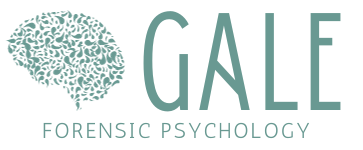A Snapshot Of Forensic Psychology’s History
Over the last decade, forensic psychology has become more popular in crime cases and life in general. By merging psychology with the legal system, we get a scope inside the minds of others and what causes them to act in certain ways. For centuries, this has been one of the broadest fields of study. Psychologists can be found in environments such as prisons, juvenile detention facilities, elementary schools. There are also licensed professionals who also have practices for general psych needs and services. A brief history on forensic psychology will highlight some of the field’s turning points and influences.
The Early Studies Of Psychology
In the late 1800s, Wilhelm Wundt established his first laboratory in Germany. His early work created a foundation for future psychologists to carry the studies forward. James Cattell was one of the successors to Wundt. While a professor at the University of Columbia, he challenged his classes mentally through lectures and psychological evaluations; determining that psychological evaluations could be complex in the courtroom. This theory would be taken a step further by Alfred Binet. By replicating previous studies on the subject, Binet used intelligence testing to find correlations between psychology and criminal law. This included testing the witness’s recollection of events and information. The psychologist determined that emotions can influence the accuracy of a witness’s testimony. These results motivated the psychologist to create the first applied psychology journal.
 Psychology In Criminal Trials
Psychology In Criminal Trials
During 1896, Albert Notzing gave a court testimony during a murder trial discussed suggestibility. The psychologist states that psychological evaluation can create bridges to a witness’s testimony. Less than 20 years later, a German psychologist named Hugo Munsterberg wrote a book advocating the use of forensic psychology throughout all legal systems. He believed that common applications warranted by psychology in everyday life is the basis on which forensic psychology is built.
Increase Of Psychology’s Popularity
After World War II, the field of psychology saw a significant increase in popularity. Inside courtrooms, psychological evaluations became common and psychologists were frequent expert witnesses. The turning point for the field came during 1954. Brown v. the Board of Education saw numerous psychologists testifying; proving to be credible witnesses based on their expertise about the subject. A brief history of forensic psychology illustrates growth in psychology over the past few decades.
